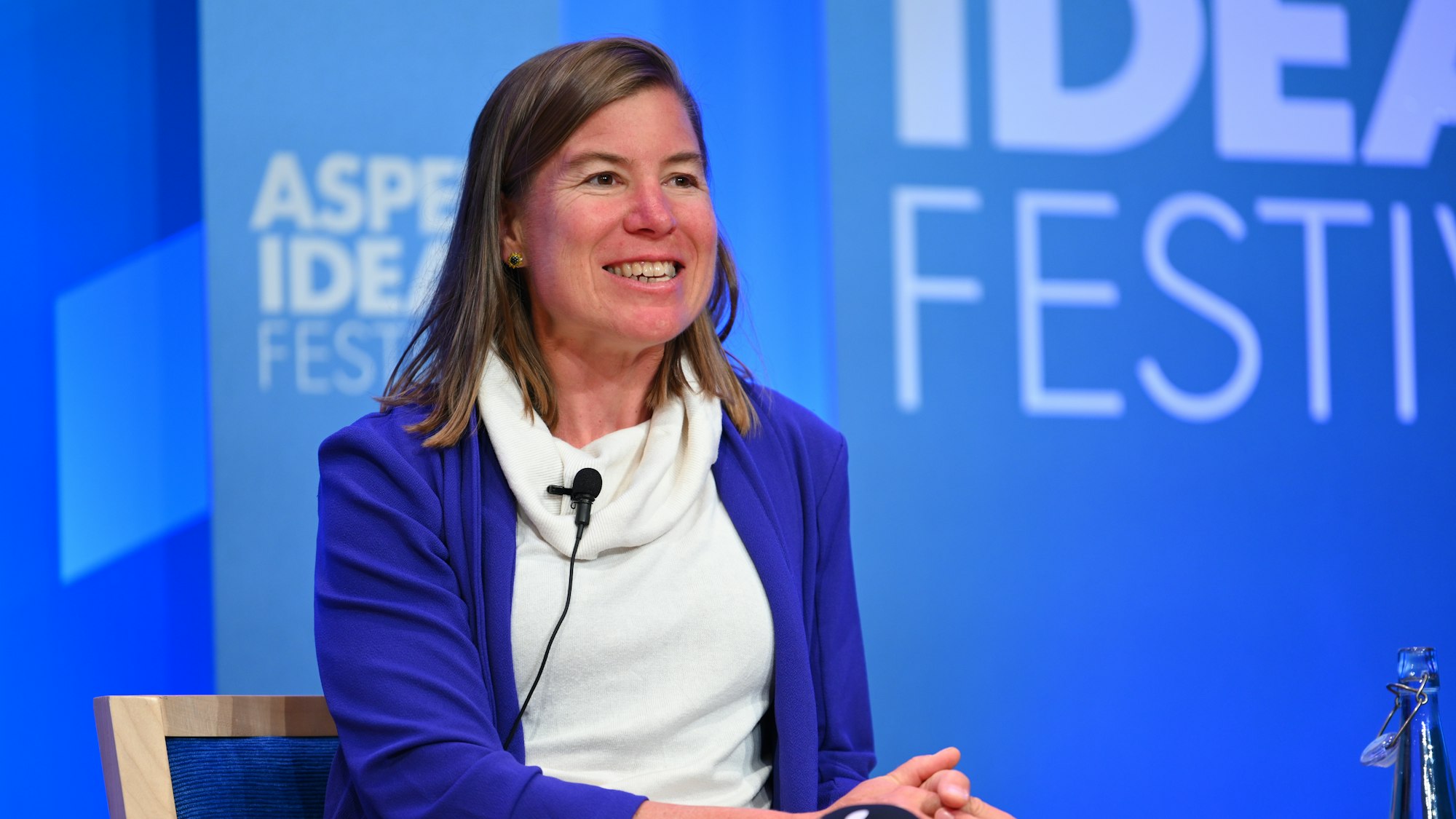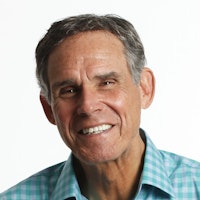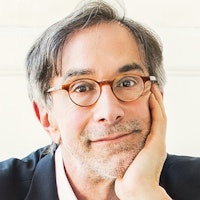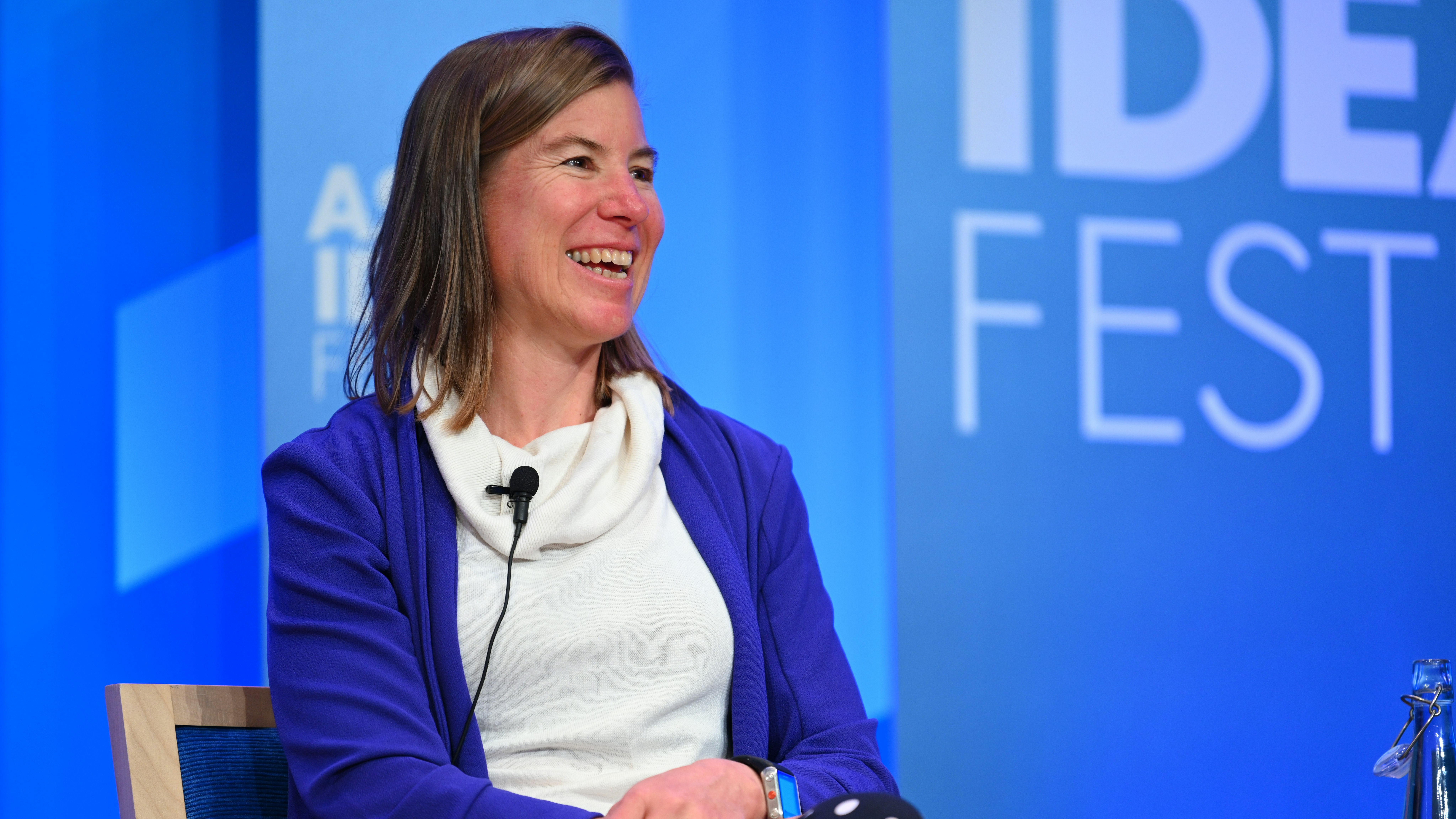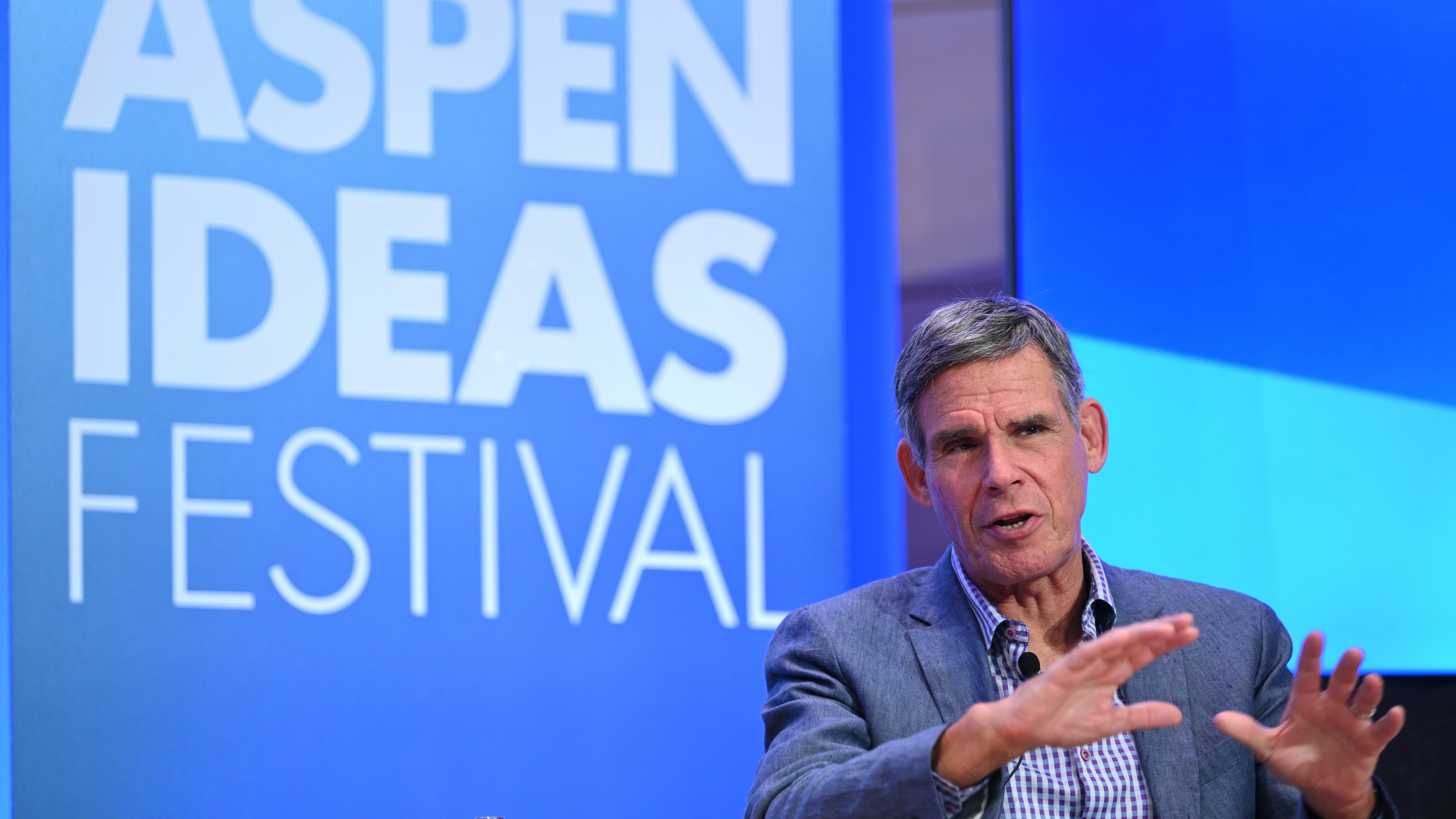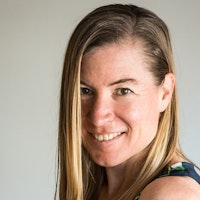
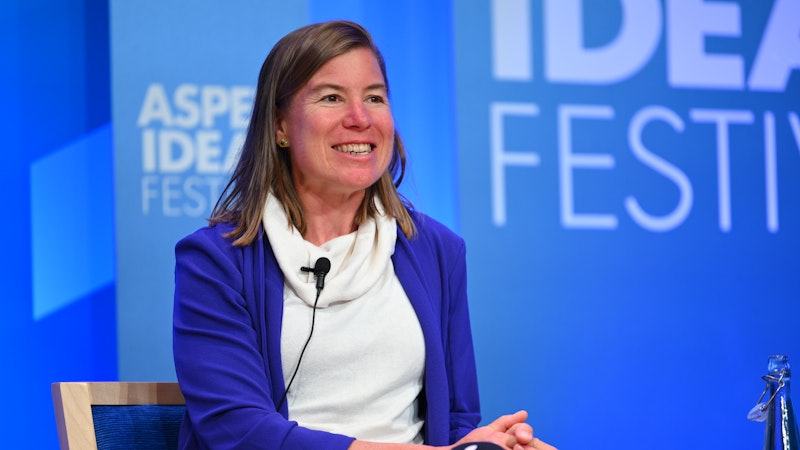
Fads Versus Facts: Busting Myths about Nutrition and Exercise
Setup
For decades, diet and exercise fads have promised to shrink waistlines, build muscle, detoxify, and so on. But evidence is mounting that there’s no one diet or routine that works for everyone. Researchers are experimenting with AI to determine personalized nutrition algorithms based on an individual’s health, lifestyle, physiology, and immune system. Christie Aschwanden, author of "Good to Go," sits down with Eric Topol, executive vice president of Scripps Research, and Corby Kummer, executive director of the Food and Society program at the Aspen Institute, to debunk long-standing myths surrounding diet and exercise recovery. Are you ready to rethink your regimen?
- 2019 Festival
- Health
- Society
- Technology
Athletes (and everyone): prioritize sleep!
Journalist Christie Aschwanden wrote a book about how athletes should recover from training so that they can perform at their best. “Spoiler alert,” she told an audience at Aspen Ideas. “The number one thing athletes can do for recovery is sleep.” Aschwanden, a former cycling champion and elite nordic skier, says nothing else comes close to the power of a good night’s rest.
Good sleep isn’t just for athletes, Aschwanden says, it’s important for any kind of performance including political debates. She recalls a piece in The New York Times that explains how much sleep the democratic presidential candidates receive. “So many of them were saying they got four or five hours of sleep, which is just terrible...It shows a lack of priorities.”
Stretching isn’t what it’s cracked up to be
Sure, stretching feels good and it’s a nice ritual before or after exercise but science shows it doesn’t reduce the risk of injury. In fact, research on runners shows stretching before an athletic event may reduce performance slightly, says Christie Aschwanden. “So many people are stretching in hopes that they will be less sore or reduce their chance of injury and it turns out that that doesn’t hold up.” Stretching will help your flexibility, she says. “So if you are stretching to be able to touch your toes better, continue to do so.”
Who Knew?
The Guisinger “Farmacy” is using food as medicine
The doctors at Guisinger Medical Center in Danville, Pennsylvania are seeing their patients become healthier thanks to food. Eric Topol, professor of molecular medicine, says the hospital created a program to address high levels of food insecurity in its region. Food insecurity — a lack of nutritious food — can lead to diabetes and obesity. Guisinger’s “Fresh Food Farmacy” doles out prescriptions for healthy, diabetes-appropriate food to patients with type 2 diabetes. “[The patients] had a remarkable improvement of glucose regulation and a big reduction in their need for emergency room visits and hospitalizations...You wonder why we don’t do this more,” says Topol.
Science is often wrong on the way to being right
In the summer of 2000, President Clinton announced that the Human Genome Project had assembled a working draft of the sequence of the human genome. Eric Topol says after that, the expectations for the genome to improve health were high, but “we didn’t understand how important the gut microbiome was.” Now, new findings are emerging about how the microbiome impacts drug effectiveness, for example. Christie Aschwanden, though, urges caution.
This exchange has been lightly edited for clarity
-
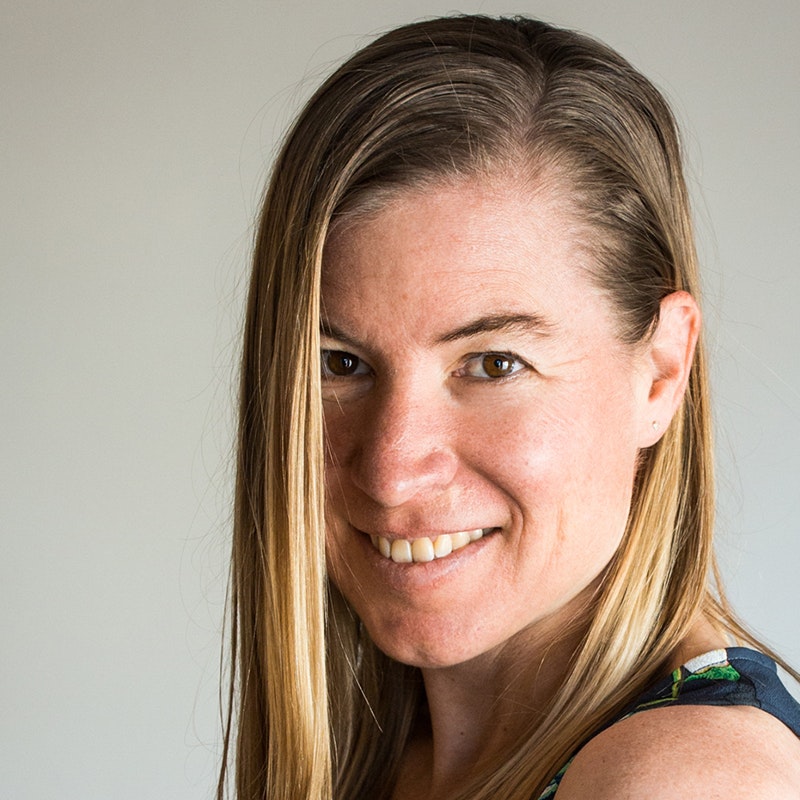
Christie Aschwanden: I don’t think the public always has a good understanding of how science works and how it progresses. Science is a process of uncertainty reduction. Too often, the public has been given this view that science is a magic wand that turns everything it touches into truth, but it turns out that science is often wrong on the way to being right ...The microbiome stuff is so exciting and we know it’s very important. But, I think it’s important to understand that these are early days …[What we] see again and again are times when there’s one small study that had some really enticing and interesting finding and everyone jumps on the bandwagon — everyone’s doing this thing, taking this drug, or eating this food. Then, more studies come out and it turns out we had things completely wrong.
-
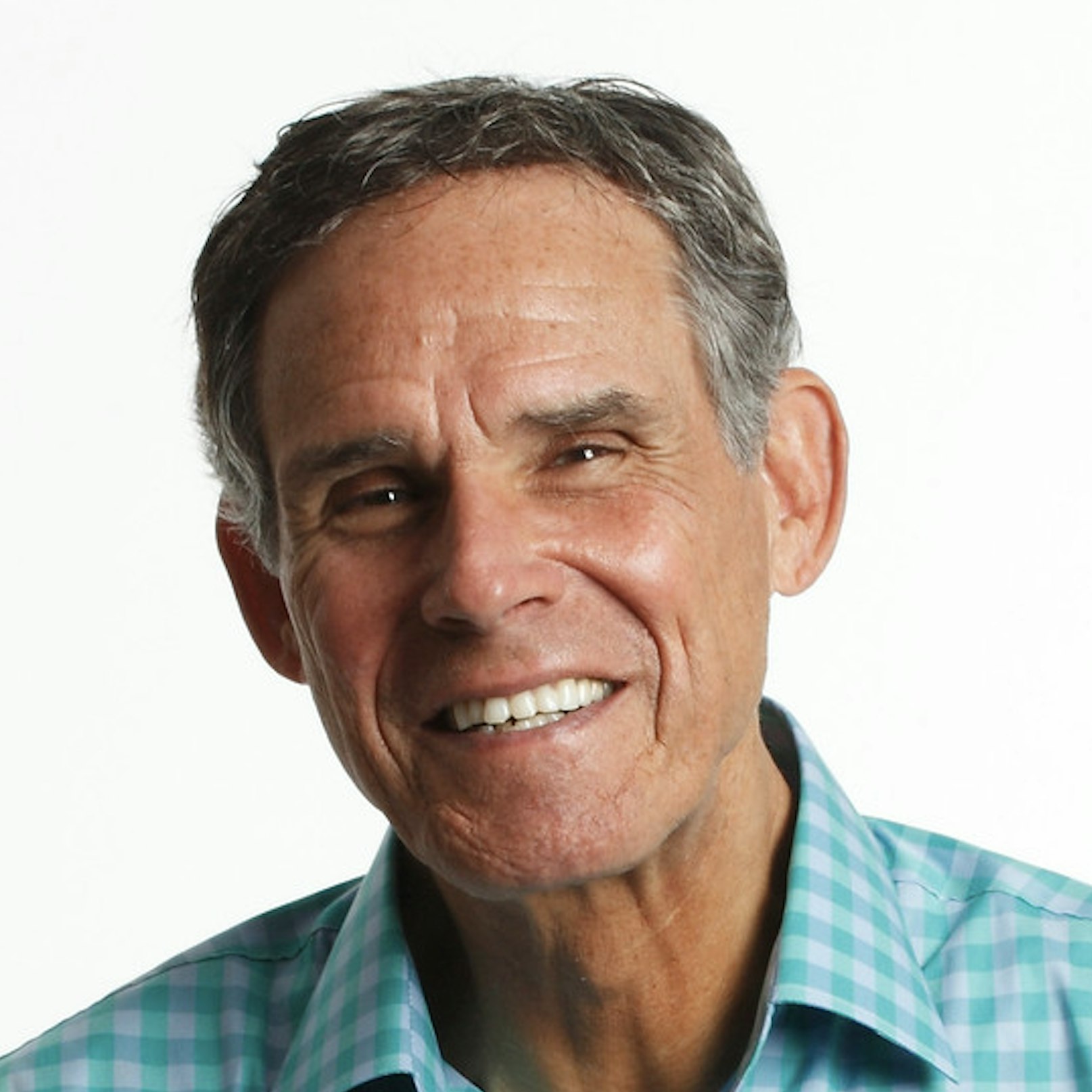
Eric Topol: Coffee and everything that we take in — there are studies that show that it’s either good or bad. In my book ("Deep Medicine"), I include a graphic that shows hundreds of studies [around one product] that show it will either kill you or make you healthier. The thing is, there may be some truth to that because we are all so individualized in our response. So, for some people a Keto diet may be really good for them. The excitement I have, and I agree about the science and the need for replication and uncertainty, is that we’re making some headway here. No one had expected that the gut microbiome was going to be such a big driver in our nutritional response.
Learn More
Additional Information
Resources
Explore More
Health


Being a parent today is full of stress, pressure and information overload. Experts offering advice are everywhere, and for some parents, the wealth of available resources can...


The quest for work-life balance is never ending for many of us. The advice in this talk from the 2023 Aspen Ideas Festival still holds a lot of relevance, so we’re bringing it...


Living as a trans person in America comes with its share of challenges, which are sometimes even life-threatening. But some say it can also open up access to incredible freedo...


The rapid development of the Covid-19 vaccine and the ramp-up of manufacturing and global distribution were unprecedented feats of medical coordination. But those on the insid...

Space… the final metaphor for the unknowable. But we are certainly trying to understand what goes on out there, and the more we learn, the more fascinating questions start to...

Since 2014, Aspen Ideas: Health has welcomed nearly 800 inspiring women leaders to our stages to share their bold approaches to better health. In honor of Women's History Mont...

Global conflicts and health crises have put into stark relief deeply-ingrained gender roles in society. Yet the past years have also seen record-high numbers of women running...

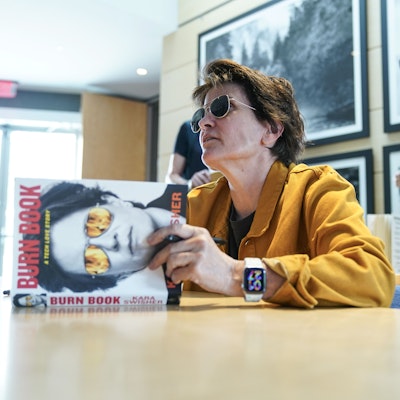
Few working technology reporters have been around as long as Kara Swisher. The start of her career coincided with the emergence of the internet, and she’s interviewed almost a...

The people in our lives shape who we are. But great relationships don’t just happen — they take care, intention, and ongoing effort. How do you know when to let go, adjust exp...


Advances in medicine and healthy living mean that more and more people will live to be 100. But just because their bodies can last doesn’t mean their bank accounts will keep u...


In the early days of cable television, there wasn’t a single network aimed at Black audiences. Sheila Johnson and her husband at the time saw an opening, and put all their hop...

Our attitudes, habits, pleasures, and responsibilities shift across the generations, influencing the health challenges we face and how we respond to them. Expectations about h...


Owning a professional sports team is not for the faint of heart. Results are volatile and wins and losses come with the strong emotions of a city’s fan base. But it’s a sound...

Setting audacious goals helps to redefine what is achievable in health, medicine, and science. As we deepen understanding of the human genome, unravel the mysteries of the bra...


Looking around and experiencing the suffering and injustice in the world can make it difficult to believe that happiness exists. But the Judeo-Christian tradition teaches that...


This episode is from the 2022 Aspen Ideas Festival, but we’re bringing it back because it’s still as relevant as ever. Though it can sometimes feel like conflict and discord i...

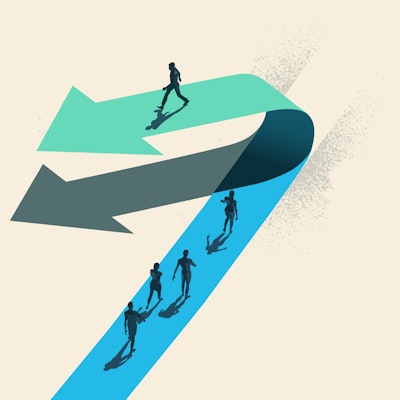
Sir Ken Robinson believed that as a society, we tragically underestimate and underutilize human ability. We create linear systems for our minds modeled on industry and manufac...

As we wrap-up another year of elevating big ideas at Aspen Ideas: Health, we're excited to share the 15 most-watched sessions from the event. These conversations with inspirin...


Young people in America are struggling. The causes are varied and may not be entirely clear, but the results are unfortunately unmistakable. Many of our youth feel lonely, iso...


New technologies have always led to changes in society, though not always as quickly or drastically as people feared. Could artificial intelligence be different? Instead of le...


